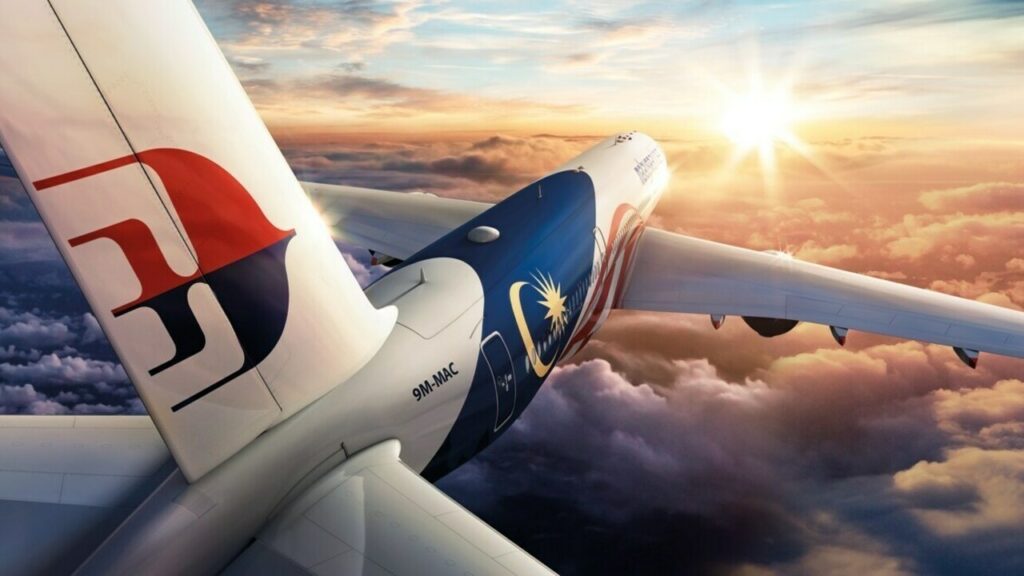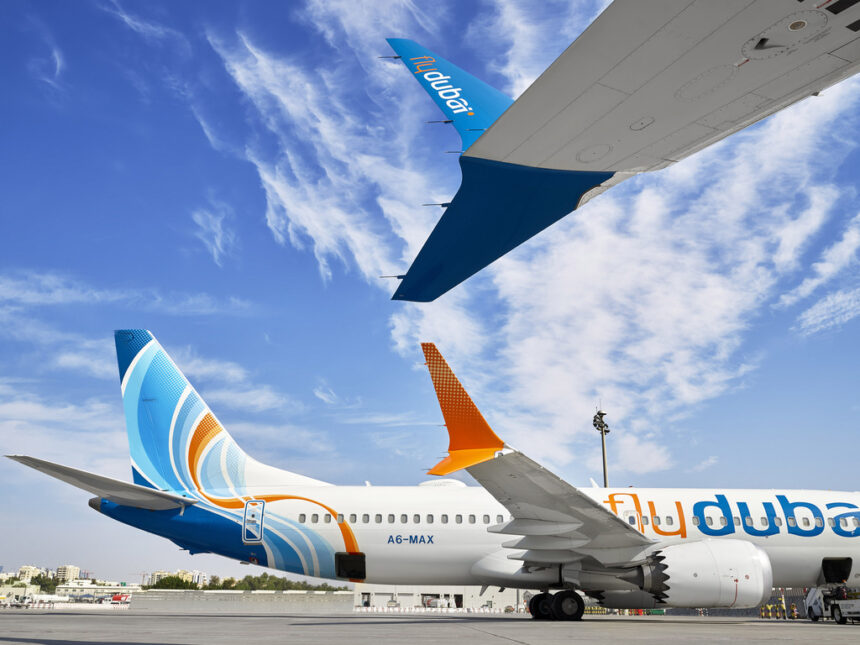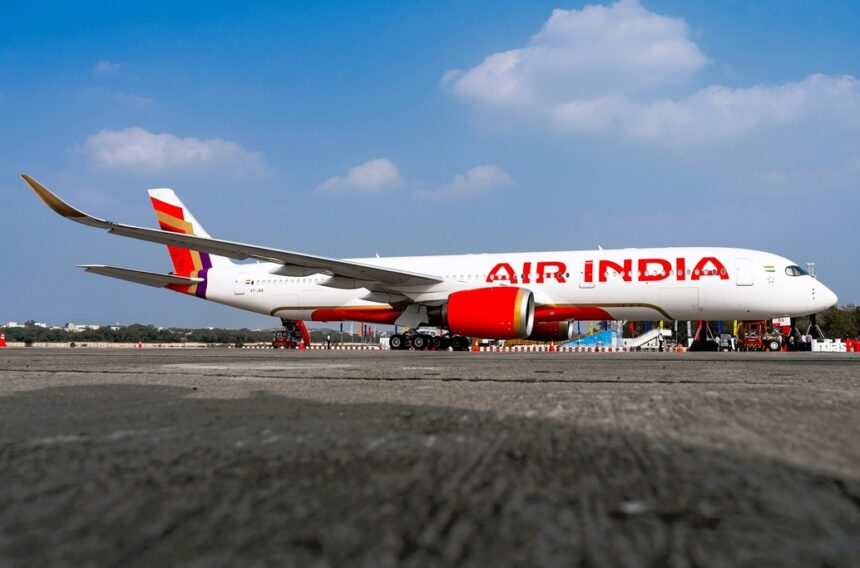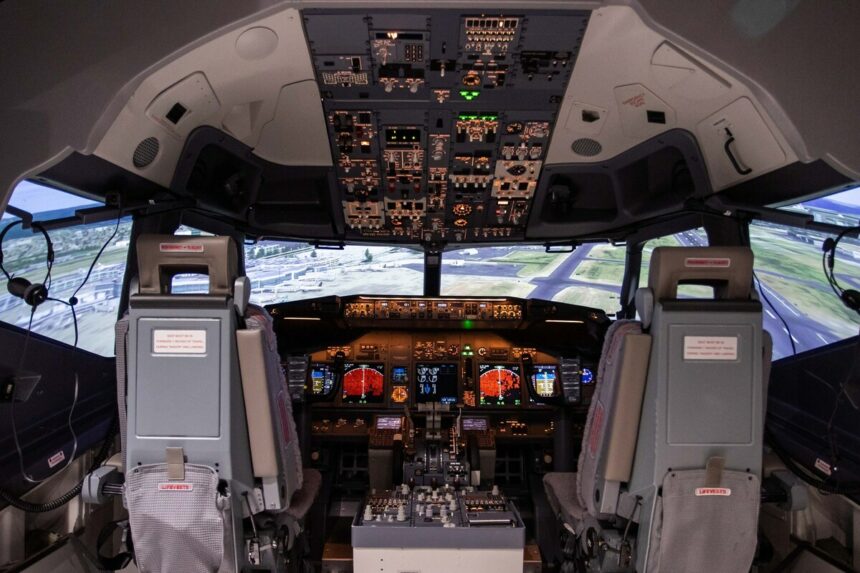Malaysia Airlines Berhad (MAB) has signed a five-year deal to migrate its crew management systems to IBS Software’s cloud-based platform iFlight Crew.
The move will further automate and upgrade the airlines aviation operations with Artificial Intelligence and Machine Learning benefits.
IBS Software has a longstanding partnership of over 10 years with Malaysia Airlines and will continue to support the company’s journey to revolutionise its flight operations.
The range of IT solutions includes the new iFlight Crew Tracking, as well as a Manpower Planning, AD OPT Pairing and Rostering Optimiser.
These functions aim to improve employee productivity in automating situational awareness and decision-making.
The new system will facilitate seamless data flow between operations and crew tracking functions, to significantly improve disruption recovery.
Placing customer and crew satisfaction at the heart of its latest solution, iFlight Crew factors in complex variables and scenarios, before providing optimal crew pairing and rostering solutions.
It also maximises productivity and controls costs whilst adhering to strict industry standards and regulations. Its latest technology accelerates flexible and accessible self-service tools for airline crew.
As demand for reliably scheduled flights increases in an industry prone to frequent disruptions, this fully cloud-based, highly scalable software uses Artificial Intelligence and Machine Learning capabilities.
The new AI platform will provide Malaysia Airlines with real-time situational awareness and optimise available asset utilisation, both key elements to maintaining a competitive advantage.
Ahmad Luqman Mohd Azmi, Chief Executive Officer of Airlines at Malaysia Aviation Group says: “Malaysia Airlines and IBS Software have a long history of working together since 2009.”
“Having experienced their commitment to digital transformation to optimise operations for over ten years, we’re looking forward to continuing this journey to enhance crew wellbeing, boost cost-savings and upgrade our crew management systems.”
Jitendra Sindhwani, President and Head of Global Sales & Marketing, IBS Software says: “Crew planning and optimisation are central to any airline’s operations, cost management, and customer service delivery.”
“Malaysia Airlines is a valued partner, and we are thrilled to work together to take their crew management solutions and strategies to new heights.”
About Malaysia Airlines
Malaysia Airlines is the national carrier of Malaysia, offering the best way to fly to, from and around Malaysia through its premium and full-service offerings.
Malaysia Airlines carries up to 40,000 guests daily on memorable journeys inspired by Malaysia’s diverse richness.
As the nation’s flag bearer, it embodies the incredible diversity of Malaysia; capturing its rich traditions, cultures and cuisines via its inimitable Malaysian Hospitality across all customer touch points.
Since September 2015, the airline has been owned and operated by Malaysia Airlines Berhad. It is part of the Malaysia Aviation Group (MAG), a global aviation organisation that comprises of different aviation business and lifestyle travel solution portfolios aimed at serving global air travel needs.
AI applications in the airline industry
Artificial Intelligence (AI) has a wide range of applications in the airline industry, some of which include:
- Flight operations: AI can help optimize flight routes and schedules by analyzing data on weather patterns, flight traffic, and airport conditions.
- Customer service: AI-powered chatbots and virtual assistants can provide 24/7 customer support and help passengers with booking, flight changes, and other inquiries.
- Baggage handling: AI can improve the accuracy and speed of baggage handling by tracking and identifying luggage using computer vision and machine learning algorithms.
- Predictive maintenance: AI can help airlines predict when aircraft components are likely to fail, allowing for proactive maintenance and reducing downtime.
- Fraud detection: AI can analyze transactions and detect fraudulent activities such as credit card fraud and ticket scams.
- Crew management: AI can help airlines optimize crew scheduling, assign tasks, and ensure that the right personnel are in the right place at the right time.
Overall, AI has the potential to revolutionize the airline industry by improving efficiency, reducing costs, and enhancing the passenger experience.









